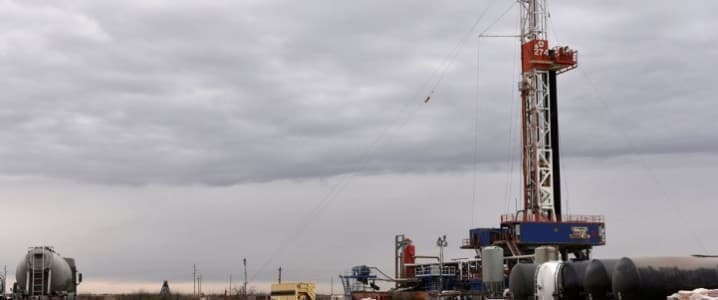Now Reading: OPEC+ Takes Aim at U.S. Shale, Again
-
01
OPEC+ Takes Aim at U.S. Shale, Again
OPEC+ Takes Aim at U.S. Shale, Again

Irina Slav, a writer for Oilprice.com with extensive experience in the oil and gas industry, reported that there are indications OPEC+ is considering increasing oil production in July in an attempt to drive prices below $60 and compete with U.S. shale producers. Shale companies are already facing challenges such as inflation, wastewater issues, and stricter regulations, and they need oil prices above $60 to make a profit from new wells. While boosting production could impact smaller U.S. producers, a full-scale price war could also harm OPEC+ members who rely on higher oil prices for their national budgets.
Recent reports have suggested that OPEC+ might announce a production increase larger than initially planned at its upcoming meeting. This move aims to align quota laggards Iraq and Kazakhstan and, according to a new Reuters report, to undermine U.S. shale producers once again. OPEC targeted U.S. shale about a decade ago by flooding the market with oil, causing prices to plummet and some shale drillers to go out of business. However, surviving companies improved efficiency and cost control, gaining market share from OPEC. Despite the higher costs associated with U.S. shale production compared to conventional wells, OPEC+ is reportedly considering a price war to regain lost market share.
It is believed that OPEC+ is seeking to introduce uncertainty into the plans of others by lowering prices below $60 per barrel. While U.S. shale producers are already facing challenges due to factors like material inflation and natural depletion, OPEC+ may not need to jeopardize its own revenues further to compete with smaller independents in the shale patch. The group’s share of global oil supply has decreased over the years, while the U.S. share has risen. OPEC+ collectively holds a significant portion of the world’s oil supply and could present a formidable force in the market.
In addition to potential drilling restrictions in Texas due to wastewater reservoir concerns, U.S. shale producers are facing challenges that have impacted production plans. While forecasts indicate non-OPEC supply growth surpassing OPEC supply growth, the industry’s landscape is evolving. Engaging in a price war may not be beneficial for any party involved, as it could harm everyone’s interests. Middle Eastern producers, despite having low production costs, rely on high oil prices for their budget revenues. If OPEC+ decides to pursue a price war against U.S. shale, it may opt for a more nuanced approach than in 2014, considering the potential risks involved.



